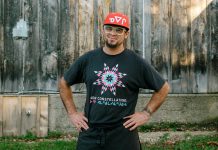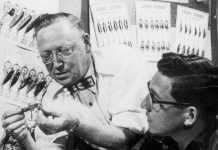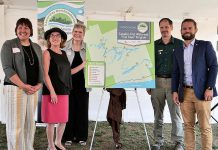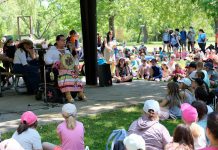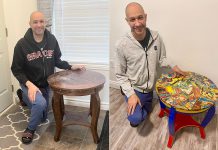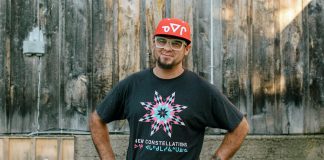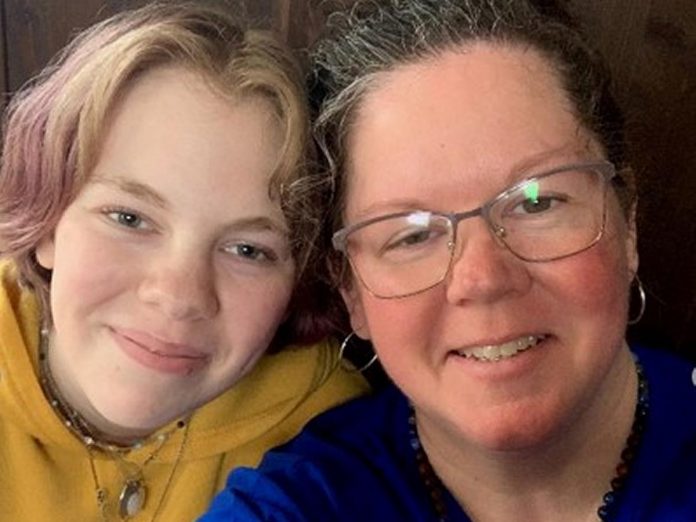
One donor can help more than 80 people get back to life, according to the provincial agency responsible for organ and tissue donation and transplant.
In Ontario, about 1,400 people on average are waiting for a life-saving organ, while thousands more need a transformative tissue donation.
The Northumberland Personalized Assessment and Change Education (PACE) Speakers’ Series will tackle the issues surrounding organ and tissue donations during an upcoming web-based conversation.
The second PACE presentation of 2024 is called the “Why, What and How of Organ and Tissue Donation” and occurs at 5:30 p.m. on Thursday, March 28. Registration is now open.
The event features guest speakers Tiffany Lue and Rebecca Massecar, who are registered nurses and hospital development specialists with the Trillium Gift of Life Network (TGLN), which is responsible for delivering and coordinating organ and tissue donation and transplantation services across the province. Previously a registered charitable organization, in 2020 TGLN became part of Ontario Health, an agency created by provincial government to connect and coordinate the province’s health care system.
“Tiffany and Rebecca’s virtual discussion will explore important questions about tissue and organ donation, including ‘why is organ and tissue important?’, ‘who can donate tissues or organs?’, ‘what are the common misconceptions about organ and tissue donation?’, and ‘if someone decides they want to be an organ and tissue donor, what is the next step?,'” a media release noted.
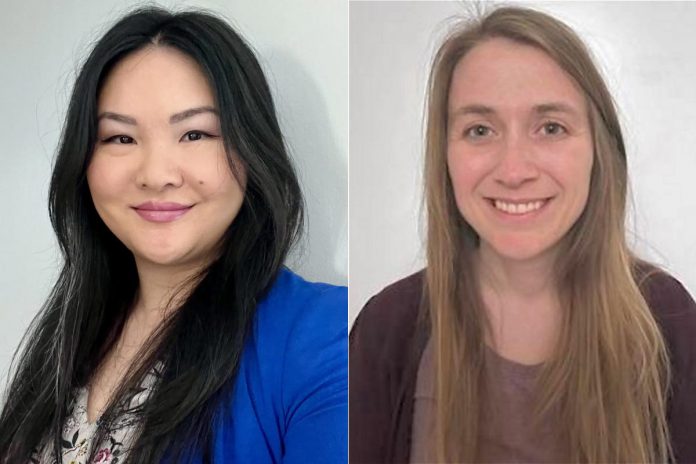
Lue has dedicated the last 12 years of her career to the field of organ donation and transplants. Starting her nursing career at Toronto General Hospital, Lue was responsible for taking care of organ transplant recipients pre-and post-operatively. Spending time with the some of the sickest patients in Canada “was a humbling and inspiring experience, as she learned about their transplant journeys,” noted the release.
Her passion for innovation in donation and transplant led Lue to receive a Master of Nursing and continue her career with Ontario Health (TGLN). Since 2018, she has supported donation education and policy-making with the aim to improve donation processes throughout Ontario. In her current role, Lue supports patients and families as they generously give the gift of life through organ and tissue donation.
Masseca, in her role as a registered nurse, gained clinical experience at the bedside in a medical and palliative unit, while expanding her knowledge about the process of organ and tissue donation. Her passion for leadership and education led her to complete a Master of Science in nursing degree in 2020.
In 2021, Masseca transitioned into her role at Ontario Health (TGLN), where she supports several hospitals in southwestern Ontario and their donation programs. Her favourite aspects of this role include working with hospitals as they support organ and tissue donors while providing education to health care teams and the public about donation.
In addition to their presentation, as is standard within the PACE talk format, questions from the audience will also be addressed. These questions may be submitted in advance by emailing mbhargava@imcare.ca prior to March 28, or if time permits, they may be posed live during the event itself.
Since 2018, the Northumberland PACE partners — Northumberland Hills Hospital, the Northumberland Family Health Team, the Community Health Centres of Northumberland, internal medicine specialists IMCare, the Ontario Health Team of Northumberland, and local patients and caregivers — have been hosting free public education sessions on a broad range of health and wellness topics and have consistently drawn large groups of community members with a variety of questions and perspectives.
PACE talk topics are developed in a variety of ways. All of the subjects are typically tied to the areas of health and wellness. Lasting 60 minutes, each PACE session consists of a 30-minute talk, the 20-minute question-and-answer period with the guest speaker(s), and a short moderator summary.
Advance registration is required, and space is limited to the first 300 registered attendees. This event is hosted through Zoom, and attendees are asked to log in to the event five minutes prior to the start time. Register for ‘Why, What and How of Organ and Tissue Donation’ at www.pacetalks.com.
According to the Government of Canada, less than 25 per cent of people living in Canada are registered donors, yet more are needed.
“As our population ages, the need for organ and tissue donations keeps increasing,” the government’s website noted.
“There are more than 2,200 solid organ transplants each year. Despite improvements in the number of organ donations since 2012, the number of people in need of a transplant has also increased. On average, 250 people on the waiting list die while waiting for an organ each year.”
For more information about donating organs and tissues in Ontario, visit the Trillium Gift of Life Network’s Be A Donor website at beadonor.ca.


